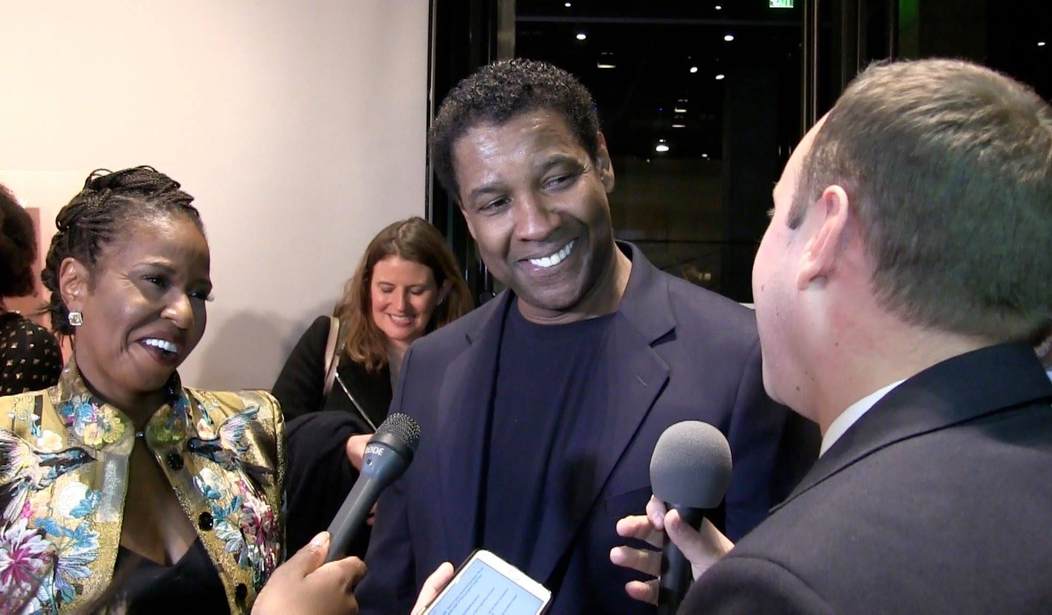I’ve learned over the course of the last several months of motherhood that there are certain topics that fellow mothers shy away from for the sake of keeping the peace. They are called the “mommy wars” for a reason. It can get really heated, really quickly. On mommy listservs and in Facebook groups, there are often rules on not discussing vaccinations or home birthing. The next most controversial topic, though not banned in many mommy spaces, is that of breastfeeding. There are those who do, those who can’t, those who don’t, and everything in between. And for some reason, all of these women feel the need to justify their choices, not just to themselves and their husbands, but also to other mothers everywhere.
I’m fairly new to the mommy wars, and to motherhood in general. I’m out to make some fellow mom friends. My single friends don’t want to talk poop and my married but childless friends want to soak up all they can out of their kid-free days. I can’t blame any of them, but with this new stage in my life, it’s time to expand horizons, make new friends and strengthen previous friendships.
I’ve had quality time with a number of moms over the last two years, and unfortunately, I’ve noticed that the tension of the mommy wars seems to spill over from the internet to real life. Interestingly, the flash points aren’t vaccines or home birth, but breastfeeding. Certain topics of conversation can be (and are) avoided, but there’s no hiding how we feed our kids. When babies get fussy, moms either pull out the formula powder and bottles or their boobs and (sometimes) their nursing scarves. No matter which they pull out, moms feel judged.
As an exclusively breast feeding mother, I’ve noticed an interesting phenomenon. When my boobs come out, the conversation shifts with women who used formula to feed their children. Without my changing the topic of discussion, mothers of babies and mothers of teenagers alike explain to me, usually out of nowhere, why they decided to stop breastfeeding, if they ever did in the first place. Their stories are interesting and varied: some had difficulty nursing because of medical difficulties on their or their child’s part, some didn’t want to pump after returning to work, some wanted or needed to take medication that wasn’t safe for breastfed babies, and some just plain didn’t want to. The thing that I can’t tell them, though, is that I don’t care. Why and how they chose to feed their children is of no concern of mine, or of anyone else.
Most of the mothers in my social circle know the difference between breastfeeding vs. bottle feeding. Anyone who’s paid attention over the last decade or more has read or at least heard of the studies linking breastfeeding to a higher IQ, better immunity, lower rates of obesity and more. My mother knew this, but I was never breastfed. And guess what? I turned out just fine. Would my editors have a couple of fewer typos to contend with had I been breastfed? Perhaps, but my mother would have died without the life saving but toxic (to babies) medication she was pumped with post-birth.
Don’t tell women “breast is best” when you see them giving formula.
Several weeks ago, an acquaintance was accosted by a member of her synagogue, when she was spotted giving her daughter formula. She was admonished by the woman who told her “breast is best.” Despite the incredibly inappropriate behavior of the “lactivist” (a derogatory term used to describe aggressive lactation activists), the acquaintance was apprehensive to rant about the incident in public on her Facebook feed. Before posting about the encounter on Facebook, she specified that she wasn’t open to discussing her use of formula, on the defensive in case the topic of conversation became about her, not the inappropriate exchange. Are women who advocate breast feeding doing nothing but deepening the divisions between breastfeeding mothers and formula-feeders? Unfortunately for women like myself — someone who is enthusiastic about breastfeeding my child, and my child only — we’re lumped in with women who have nothing better to do than lecture other mothers on their parenting choices.
Several weeks ago, I posted an article about promoting breastfeeding on my Facebook page, unaware of the lion’s den I was about to walk into. Many women shared their stories and struggles with breastfeeding, but many others felt the need to explain why they stopped, with one good friend going so far as to angrily state “women who choose to give formula shouldn’t be judged by crunchy moms.” Without my knowing it, my friend had (incorrectly) perceived my positive comments about my choice to breastfeed as an attack on her parenting.
According to studies, only one-third of women breastfeed after the first three months of their child’s life, despite the recommendation from the American Academy of Pediatrics stating that one year of breastfeeding is best. During an informational group meeting with my daughter’s pediatrician before I gave birth, I was surprised at the lack of knowledge surrounding the benefits and mechanics of breastfeeding. While women in my social circle are aware of its benefits and are privy to the resources necessary to make it work (breast pumps, lactation consultants, etc.), women in other cultures and socio-economic positions may not be. If lactation enthusiasts want to promote better breastfeeding rates, they should prioritize educating pregnant women, not guilting those who have already transitioned their children onto formula and ceased lactating.
Judging fellow mothers does nothing to promote breastfeeding and instead makes formula-feeding mothers defensive towards women who have had success breastfeeding. Thanks to judgmental women, the rest of us breastfeeders get a bad rap. Few of us care about how other mothers feed their kids. I have this message for fellow moms: if you see me pull out my boobs, don’t justify your parenting choices to me. Talk to me about your kid’s poop or napping schedule. That’s what I really want to talk about.









Join the conversation as a VIP Member